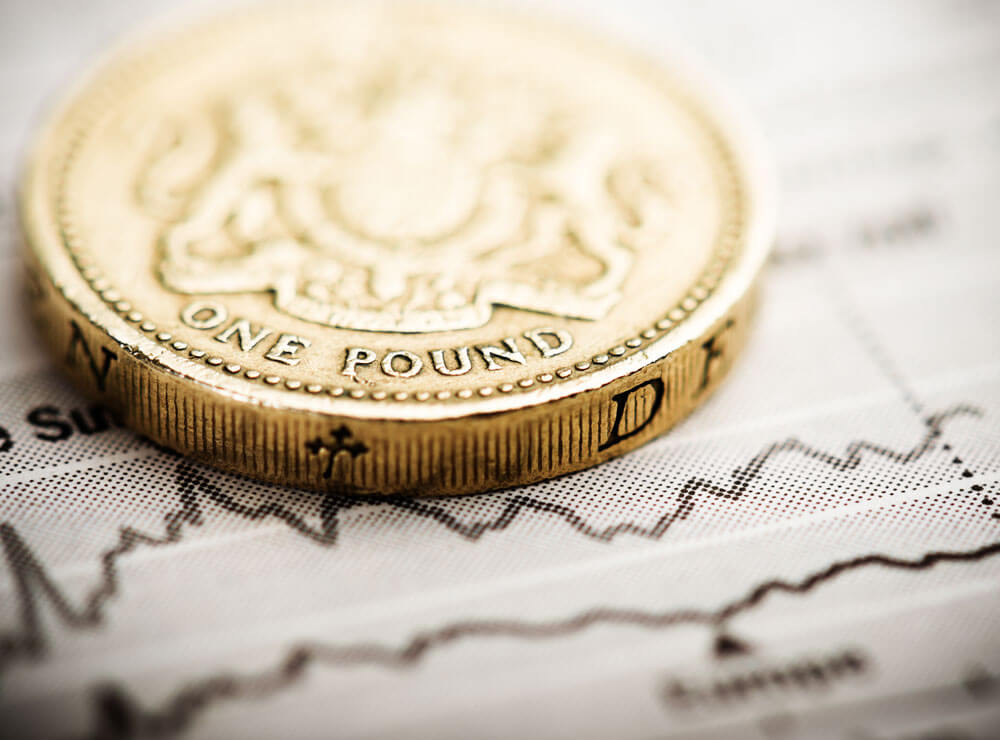
INTEREST RATE HIKE HITS HOMEOWNERS WITH EARLY XMAS ‘BONUS’
06.11.17The ‘will they’ or ‘won’t they’ waiting game is finally over. The Bank of England’s Monetary Policy Committee announcement of a 0.25% rise - the first in a decade – taking interest rates to 0.5%, will see homeowners with mortgages on lenders’ standard variable rates set to find their monthly bill going up from December. Happy Xmas! Home owners on fixed rate mortgages will not pay more until their deal comes to an end.
It’s likely to be the first of a number of rises over the next five years with forecasts indicating it could reach 2.25% by 2022. JLL predicts that there will be steady, small rises up to 2.25% in its new property market forecast report, although further hikes will likely depend on Brexit. Assumptions are that the Monetary Policy Committee will raise rates slowly over the next two years, assuming a Brexit deal is visible by the middle of 2018, unemployment remains low and global growth holds up. With inflation set to fall next year as the impact of sterling devaluation wanes, the MPC will likely stop hiking if there are clear signs that the economy is slowing.
Given that variable rate lenders assess the ability of applicants to pay at much higher interest rates, most homeowners should be able to cope with any increases as they filter down. Rates remain extremely low by historical standards and borrowers remain well placed to get a good deal from the UK’s increasingly competitive mortgage market.
But not everyone expects the rise to be the start of a stream of increases. Hermes Investment Management, view the quarter point rate hike as a spot of one-off muscle flexing by the Bank of England, rather than the start of an aggressive tightening regime. What it does do however, is reverse the post-referendum cut from 15 months ago, which, with activity broadly holding up, may have been an unnecessary safety net. The rise takes rates back to where they were 15 months ago and those that have so far failed to take advantage of the record low fixed deals will find that rates have already edged up as expectation of a rate rise increased. Nonetheless borrowers can make big savings over SVR and also protect against any future hikes.
All in all - there’s a hefty dollop of symbolism around this first increase for 10 years, but it’s highly unlikely to cause the property market to implode. While it might give some prospective buyers pause for thought, it could actually cause others to take the initiative before rates potentially rise further. Arguably the real challenge comes not with the first rate rise we have now had but the one after that. Only time will tell.
Abode Affiliates
COPYRIGHT © Abode2 2012-2024





















































































































































































































